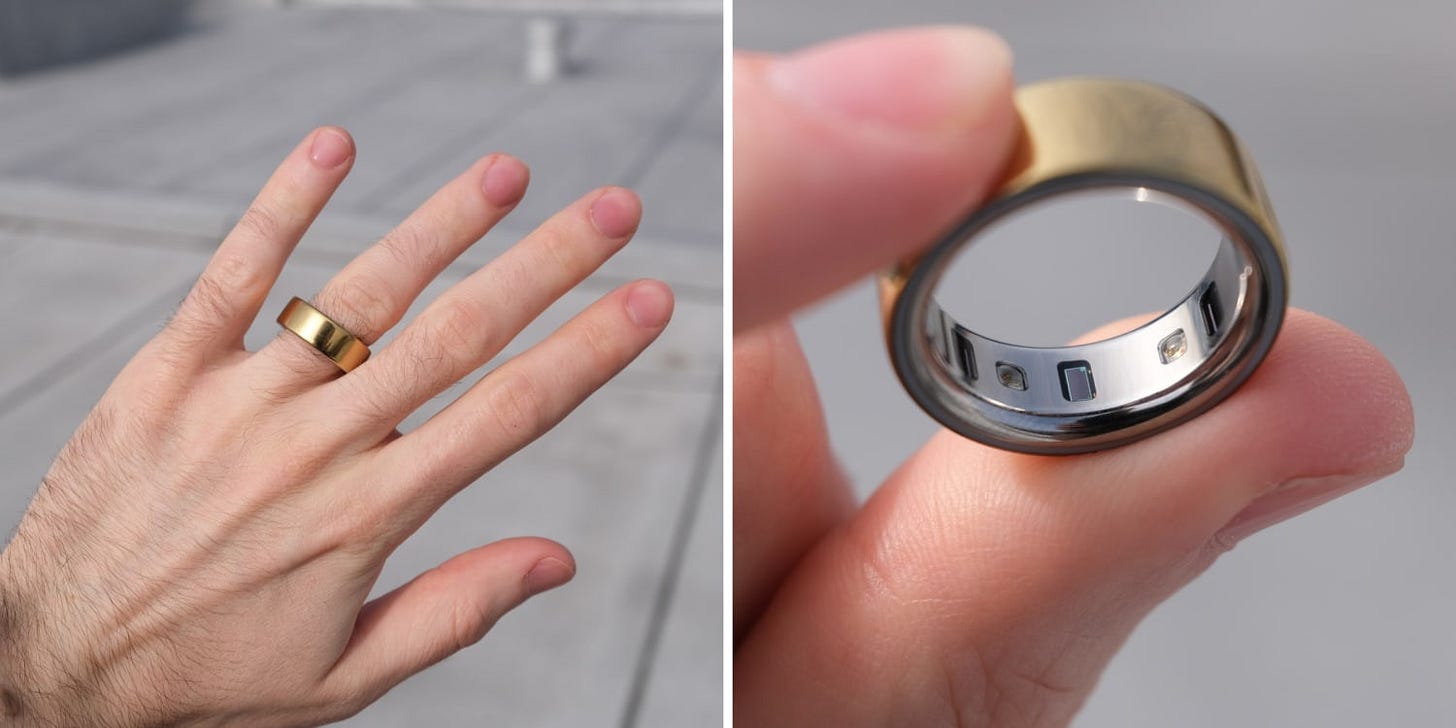Too Much Information
There is such a thing as too much information. I wake up and I am told how my sleep was. I head to the gym, where my steps and heart rate are meticulously calculated. In the tenderness of the post-coital bliss, instead of reaching for the cinematic cigarette, I reach for my wrist to see how many calories I burned.
Every datum forecloses and permanently conceals the unquantifiable experience it seeks to measure.
We drown in data as we are starved for feeling and sensation.
There is such a thing as too much information.
Every Time the Sun Comes Up I’m in Trouble
As a teenager, I knew my body quite well. I knew that a night spent watching re-runs of The Mentalist on my iPod Touch would result in a post-lunch crash in fourth period, enduring my cranium’s heavy nodding, repetitively almost striking the pupitre, like a teasing hammer to a wanting nail. I knew the elasticity of my capacity, how long I could go with little sleep, how many all-nighters I could pull, before the band popped.
Body Futurism
Toby Shorin said it best in his 2024 FWB Fest talk, “The new Body Futurism [has taken over] Software Futurism.” The last 50 years have felt like a fulgurating acceleration of progress, a steep exponential curve. Recently though, it seems like either the acceleration has decreased or that we’ve gotten strangely adapted to the speed, to the concussion of future shock. New iPhone releases fail to ignite the same passion as before. Consoles continue to produce highly realistic big budget games, but without the feeling of a radical step-function increase. Software for half a century was the bastion of progress, but the well may be running dry. According to Toby, we have seamlessly transitioned to the zone of optimization: the body. Our worlds are not rocked by the thinness of the new iPads, but by the Ozempic-driven thinness of celebrities. Now, that’s innovation!
The body is ripe for the same kinds of disruption that silicon enjoyed. By applying technological logic, we can improve it, fix its ailments, double it, extend its life, make it perfect.
That is, in many ways, the promise of our stringent regimens, our draconian diets, keto, paleo, mario, wario, the undue physical experiments like the eternal minutes in a cold plunge, the saunas, the bootcamps, the hot yoga, the silent retreats.
With each activity we improve, and with each improvement we get closer to —
Hungry Numbers
The logic of technological thinking however requires metrics and data, we must know what the current situation is to know what to improve. We need a number to beat, a line to chart, a path to map. The solution is simple: a Watch or bracelet to calculate heart rate, temperature and steps and calories. A ring to track sleep, blood oxygen levels and activity.
The obsessive quantification of the body is leading to a dehumanization. The full richness of the human body in its complex variety, its ineffable palpitations, its unknowable meanderings are being flattened by the technology seeking to better it. In the words of Joshua Ramey, “The more that humans seem to have control over their lives, the more life becomes inhuman, transforming each of us into automata.” When we use computers to understand ourselves, we start to resemble computers.
We speak of steps instead of the beauty of a walk, we speak of calories instead of the joy of exercises, we speak of REM instead of the bliss of sleep.
The App and the Territory
This fascination with numbers is a false friend. Do not fall for it. All we get are the quantifiable metrics, a very limited set both because the tools we use, rings et al, are crude, and because our knowledge of the body is still limited. One could make the wager that the rings will improve, that there will soon be implants, sensors, etc. That we will, in due time, create a true map of the body, that through quantification we may evade illness, we may cheat death.
But the body in Borgesian defiance remains an unmappable site. Do not fall for the app pretending to be the territory. Like watersheds diverging into ever-shrinking-expanding basins, the body is ever-flowing, -growing, …
There is such a thing as too much information. Our desire for quantification is a desire for control. And, Ramey again, “The desire for total control is a desire for death.” We are quantifying ourselves onto-dehumanization, onto-death.
Meanwhile, our data is harvested to beget more of it, to feed models. The only thing served by data is data itself.
Ditch the Oura ring. Live a little. Light the cinematic cigarette.






I love this.
Thought provoking. The question that arises for me is what can one do if the body becomes a site of terror? I've had a Whoop for years and it serves as a little reassurance: things are OK, things are under control. I sympathize with your implication that too much control takes us away from the grand immediacy of being, but I do wonder whether the ideal point lies in the middle, or all the way to the side of throwing ourselves to the wind.
It strikes me as I'm writing this that my terror of the body comes from a certain distrust, a warped cause and effect that shatters the mirror stage imagination of the body's unity and subordination to the I. Childhood health problems I guess. I wonder to what extent the "tracker" can become a way to repair one's relationship to the body, so long as it doesn't cross over into data fetishism. It's been enough years, maybe it's time for an experiment...